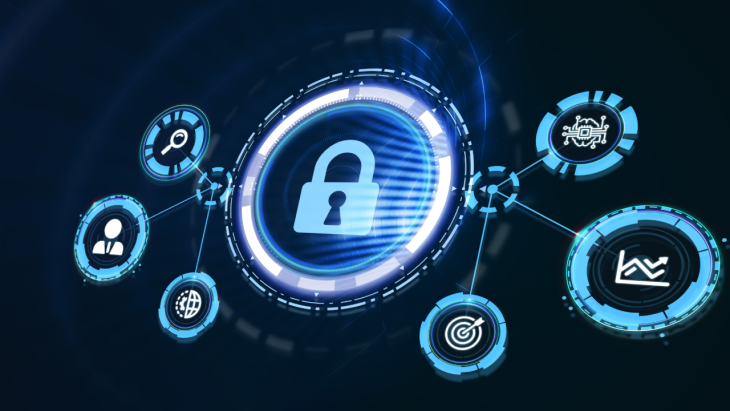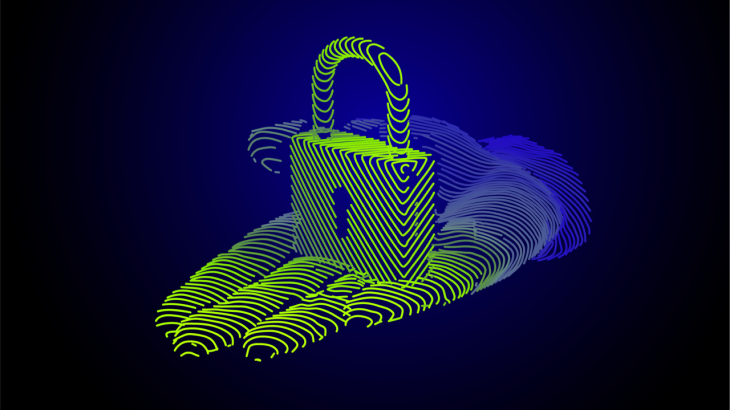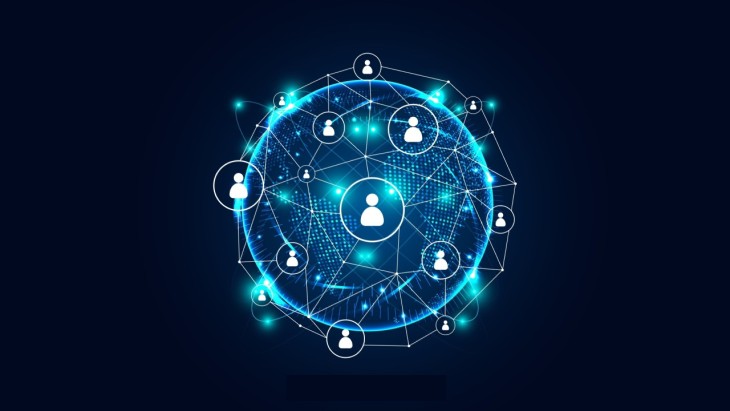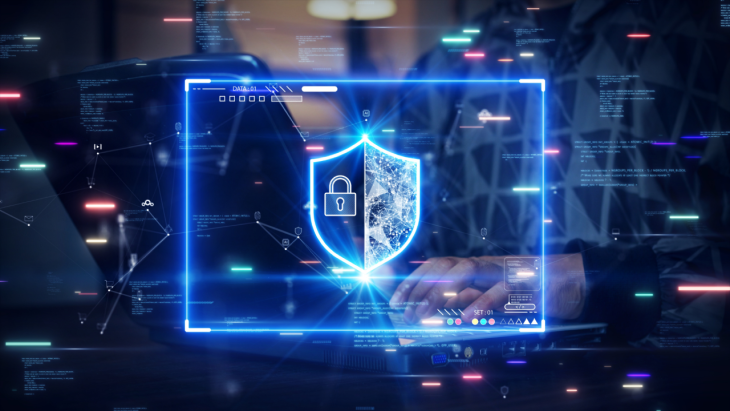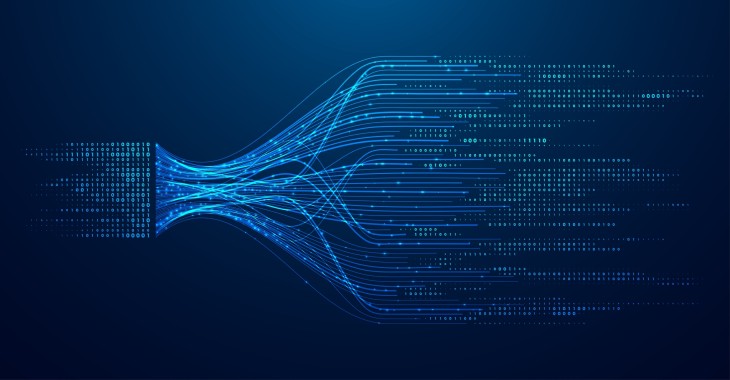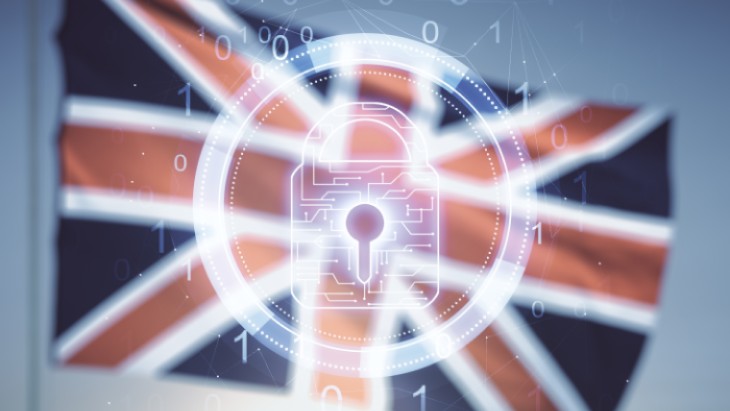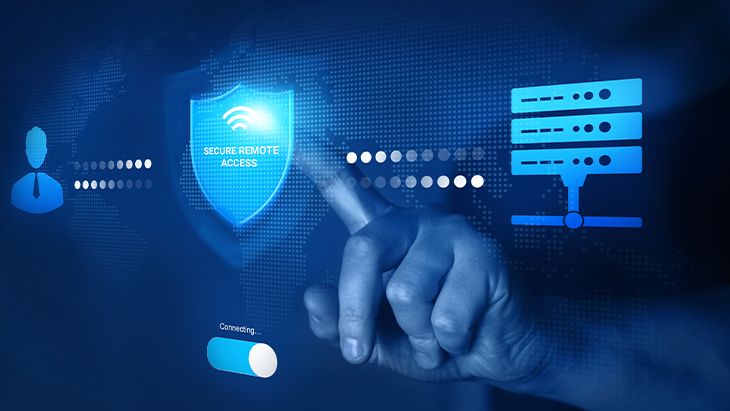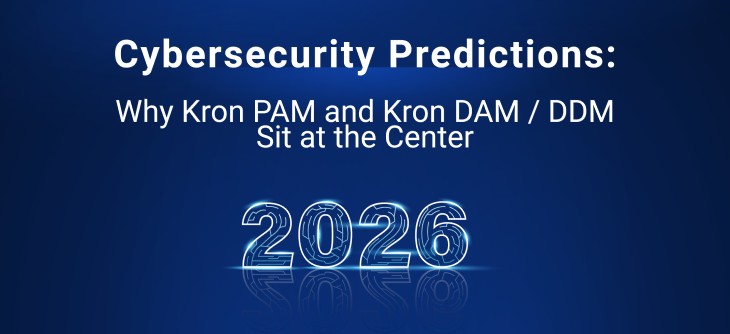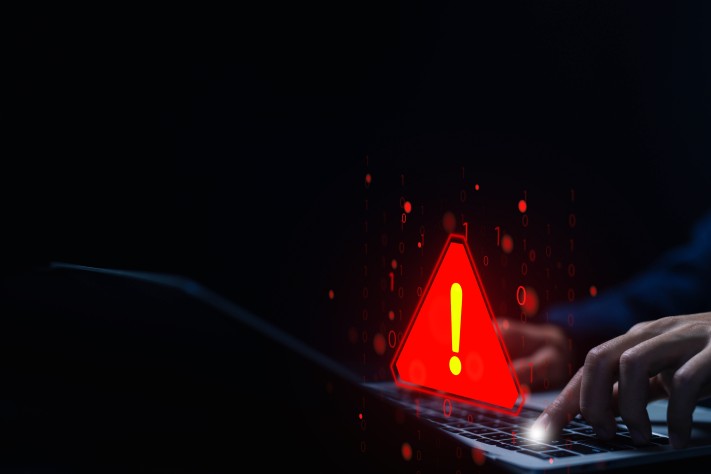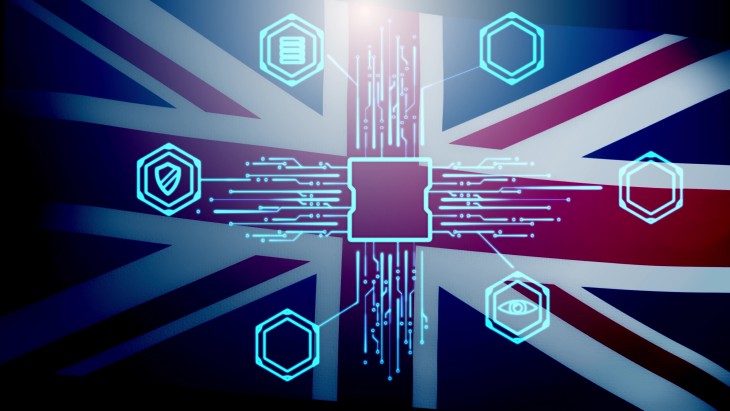
Why Is Data Security Important?
Feb 20, 2022
/
Kron
Data security, which refers to a set of measures developed to prevent unauthorized access to computers, servers, databases, and websites, also prevents the loss and corruption of data stacks. Nowadays, when digitalization has become one of the important components of the business world, it should be underlined that any small, medium, and large-sized company should not neglect data security, an important element of cyber security. There are countless reasons to establish enhanced data and access security in the face of cyber threats.
Why Is Data Security Important?
The most important issue in the data security protocols implemented to protect data from data breaches resulting from unauthorized access is to ensure the integration of security and privacy policies correctly. These two related terms do not mean the same thing, but it is important to note that both entail similar obligations for companies and individual users:
- Integrity and accuracy: Being able to provide assurance that data is error-free and unaltered is related to both data security and data privacy.
- Access control: Authorized access is at the core of data privacy. It is possible to provide authorized access with data security.
- Accountability: Company policies regarding data should incorporate privacy and security.
However, there are points where data security and privacy differ from each other. Data security, in its simplest form, can be defined as the assurance of data privacy, integrity and accessibility. In this context, data security includes practices such as protection against cyber attacks and online fraud attempts, data encryption, and the prevention of data breaches. Data privacy, on the other hand, focuses on the extent to which companies can collect and process data about individuals.
One of the important issues in terms of data security is internal threats. Internal threats, which have a significant impact in data breach incidents, may include the conscious or unconscious leaking of company data or personal data of employees. While phishing attacks are prominent in breaches caused by accidental internal threats, deliberate breach attempts can turn into a ransomware attack after data is leaked.
At this point, the 2021 year-end report prepared by Risk Based Security and Flash Point reveals important data on internal threats. According to the report, in 2021, seven data breach incidents caused by external threats and internal threats resulted in 19 billion data disclosures, including the FBS Markets leak, which is considered the largest data breach ever. In the same report, it was also stated that 53% of data breach cases caused by internal threats were a result of giving privileged access to unauthorized users.
Data security is important not only for privacy and financial security, but also for the public image of companies. The Cost of a Data Breach study, conducted by the Ponemon Institute in partnership with IBM, showed that the average financial loss from a data breach incident in the United States is $8 million. As a matter of fact, the average number of users affected by a data breach was 25,575.
The differentiation of the factors that threaten cyber security over time and the fact that it becomes more difficult to take precautions creates the need for a comprehensive data security solution. In order to establish detailed data security, different departments within the organization need to work in cooperation, and solutions for data protection must be created by considering all elements of the company's IT infrastructure. At this point, it is worth emphasizing that it is important to evaluate the cost of data security by considering future investment returns.
Importance of Data Security for Businesses
Data security is extremely important for businesses in terms of ensuring business continuity, preventing data breaches, and preventing unauthorized access. Considering that the business world is largely digitalized, and new technologies are integrated into different business models, it can be easily said that data security is one of the most significant topics on the agenda . As implied by the saying “Data is the new oil”, data security is in a critical position in terms of the sustainability of companies’ economic activity and potential profits.
In order to avoid financial losses, fulfill their responsibilities to the public, and build trust, companies need to take the right precautions against cyber risks and make their entire IT infrastructure safe for both themselves and their stakeholders. As a matter of fact, companies in today's business world are also aware that their workflows can be seriously compromised if they fail to ensure data security.
Data Security Is More Important Than Ever
According to The Economist, we live in the zettabyte age, with the amount of data coming from the cloud and data centers reaching incredible proportions. For this reason, it is necessary to protect critical data in the best way possible and at every stage, while storing and transferring it. In order to provide this protection, it is paramount to control unauthorized access, identify internal threats in a short period of time, and take the necessary measures.
One of the most important issues regarding data and access security is internal threats. Internal threats can be divided into three groups, negligent insiders, malicious insiders, and credential insiders, and can cause companies to suffer extensive data losses. Negligent insiders generally consist of employees who do not have high digital awareness and therefore can easily be exposed to different cyber attacks, especially phishing attacks. Malicious insiders consciously leak data, causing companies to face ransomware attacks. Credential insiders, on the other hand, leak data by sharing the personal data of company employees with third parties. This group paves the way for ransomware attacks, making companies vulnerable to cyber threats, just like malicious insiders. Indeed, companies being vulnerable to cyber attacks significantly increases the possibility of disruption of their workflows.
The way to prevent these data security risks is to use Privileged Access Management (PAM) solutions that control authorized and unauthorized access.
The Strongest Component of Data Security: Privileged Access Management
Privileged Access Management (PAM) solutions play an important role in cyber security strategies. PAM offers a comprehensive solution, controlling access and making it more secure, one of the first steps in establishing data security.
Single Connect, our PAM solution, creates an advanced security layer with its access and data security focused modules. There are five basic modules that enable you to create a comprehensive cyber security infrastructure with Single Connect.
- Privileged Session Manager: Also called PSM, this module has the ability to control, monitor, and audit encrypted administrator sessions. The Privileged Session Manager works as a gateway between users and target endpoints. It provides logging and recording of all sessions, including command and context-sensitive filtering.
- Password Vault: This module, which is used to authenticate authorized logins and create a fully encrypted IT infrastructure, also features a password safe that protects passwords by isolating them from the network.
- Multi-Factor Authentication: Also known as MFA, this feature simultaneously requests location and time verification from the users who request privileged access. Thus, it prevents unauthorized access in a more advanced way than regular MFA solutions.
- Database Access Manager and Dynamic Data Masking: Thanks to this module, which records all actions and masks the data associated with privileged accounts and network administrators’ activity, there is no question about any movement within the network.
- Privileged Task Automation: Thanks to this module, also known as PTA, routine tasks can be automated and service interruptions can be eliminated by avoiding human errors.
Single Connect has been recognized as a leader in the Omdia Universe: Selecting a PAM Solution, 2021-22 report, showing that it is one of the best PAM solutions available in the marketplace. Single Connect enables companies to have a more advanced access and data security infrastructure. Contact us to learn more about Single Connect.
Highlights
Other Blogs


